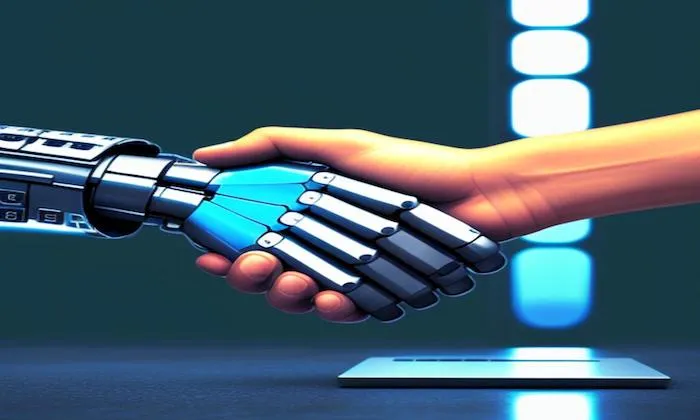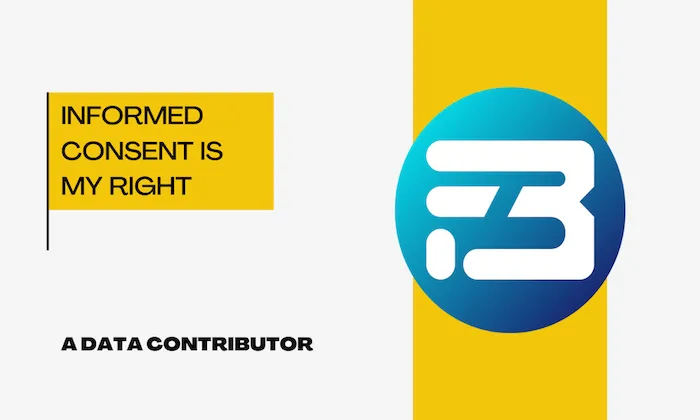Is it legal to create a clone of someone’s voice without their consent?
Voice Cloning
Privacy Law
Speech AI
Creating a clone of someone’s voice without their consent presents serious legal and ethical issues. The legality of such actions depends on various factors, such as jurisdiction, the intended use of the cloned voice, and the nature of consent obtained.
Understanding Voice Cloning and Consent
Voice cloning uses AI to replicate a person's voice, allowing for the creation of speech that sounds like the original speaker. This technology is widely used in fields like entertainment and virtual assistants. However, cloning a voice without obtaining explicit consent infringes on personal rights and can lead to legal consequences.
Many jurisdictions recognize the right to control one’s likeness, including their voice, under privacy and intellectual property laws. For example, in the United States, the "right of publicity" allows individuals to control how their identity, including their voice, is used commercially. Unauthorized use for commercial purposes can lead to legal actions.
Key Legal Considerations in Voice Cloning
- Intellectual Property Rights: A voice can be seen as a form of intellectual property. Unauthorized replication and use can lead to claims of copyright infringement or violation of moral rights, depending on the context.
- Privacy Laws: Various regions have strict laws protecting personal attributes from unauthorized use. The General Data Protection Regulation (GDPR) in Europe, for instance, requires explicit consent for processing personal data, including voice data.
- Contractual Obligations: If an individual has signed a contract allowing their voice to be used, this may cover the cloning legally. Without such consent, cloning may breach the individual's rights.
Ethical Implications
Beyond legal issues, ethical considerations are crucial. Voice cloning technology can be misused for impersonation, fraud, or spreading misinformation. This potential misuse emphasizes the need for responsibility and accountability in AI applications. Companies must establish robust consent processes and respect individual privacy.
Avoiding Common Pitfalls in Voice Cloning
Organizations using voice cloning technology should implement clear policies on consent to avoid common pitfalls:
- Clear Consent Protocols: Organizations must ensure individuals understand exactly how their voice will be used and obtain explicit consent to avoid legal challenges.
- Compliance with Regional Laws: Different areas have different laws regarding voice cloning. Companies should be familiar with local regulations to avoid potential legal issues.
- Upholding Ethical Standards: Beyond legal compliance, organizations should maintain high ethical standards by being transparent about data usage and preventing misuse.
Final Thoughts on Consent in Voice Cloning
In summary, creating a clone of someone’s voice without their consent is generally illegal and fraught with ethical concerns. Organizations involved in voice cloning must prioritize obtaining explicit consent, understand the legal frameworks governing voice rights, and navigate the ethical implications of their technologies. FutureBeeAI, with its commitment to ethical data practices and compliance, serves as a reliable partner in this space, ensuring that voice data is handled responsibly and respectfully. By partnering with us, companies can build voice cloning systems that respect individual rights and harness AI technology's full potential.
Smart FAQs
Q. What should companies do to ensure they are legally compliant when cloning voices?
A. Companies should set up clear consent protocols, ensuring individuals are fully informed about how their voice data will be used. Consulting legal experts on intellectual property and privacy laws is essential to navigate regional legal requirements.
Q. Are there any exceptions to consent requirements in voice cloning?
A. Exceptions may exist in contexts like fair use for commentary or parody, but they are narrow and context-dependent. It's advisable to seek legal counsel when considering such uses.
What Else Do People Ask?
Related AI Articles
Browse Matching Datasets
Acquiring high-quality AI datasets has never been easier!!!
Get in touch with our AI data expert now!


-data-collection/thumbnails/card-thumbnail/top-resources-to-gather-speech-data-for-speech-recognition-model-building.webp)





